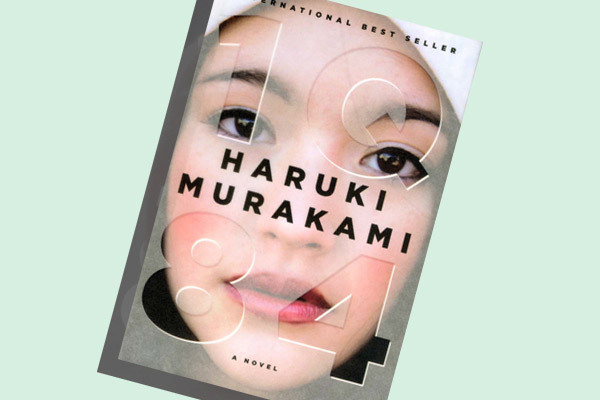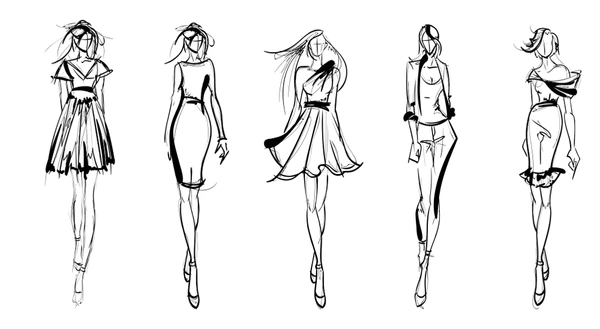
Even if you’ve never heard of Haruki Murakami, he’s definitely a name to remember. The Japanese author has won critical acclaim (for example, he was almost in the running for the 2020 Nobel Prize in Literature) for his thought-provoking fiction. His works, the most famous of which include the novels Kafka on the Shore and The Wind-Up Bird Chronicle, have themes of magical realism and societal commentary.
You may also know of the Korean movie, Burning, which was released in 2018 to critical acclaim both in the United States and internationally. The film was actually based on a Murakami story, “Barn Burning,” which you can read here or listen to here.
My only interactions with Murakami before IQ84 were reading his aforementioned short story and watching the movie. Looking back, I feel that I should have been less surprised by some of the… unsettling aspects of the book, as well as the unnaturally objectifying male gaze, but I’d heard rave reviews about IQ84, so I was eager to pick it up. Also, I liked reading books about Asian female protagonists (yay, representation!)
Murakami drops us into an alternate reality where It’s not really 1984, anymore. The book follows two Japanese characters: Aomame, a personal trainer-slash-badass-assassin, and Tengo, a quiet writer-slash-genius-math-tutor, as they venture through the perilous world of IQ84. For whatever reason, both of them possess near-miraculous physical abilities.
Having read George Orwell’s classic, 1984, I also naively assumed I had already experienced the maximum discomfort that a misogynistic dystopia could invoke in me. I was sadly mistaken.
It’s obvious that Murakami plays into stereotypical tropes about women, at least through my American lens—I’m no Japanese literary scholar, so I couldn’t say. Nevertheless, the frequent Western pop-culture references definitely market the appeal to the Western audience, so I still feel that the Western lens is still appropriate to apply to the work itself.
I noticed that the three female main characters fall perfectly into the clichéd “Maiden-Mother-Crone” triad, and that would be alright with me if it weren’t for Murakami’s… uncomfortably explorative imagery of their bodies.
Aomame constantly obsesses over how small her chest is, how ugly her face is, or how one of her ears is misshapen. In the opening scene, it seemed strange that the author focuses intensely on how difficult it is to prevent… indiscreet slips while she runs around a city in heels and climbs over a barrier in a miniskirt. While she’s portrayed as a uniquely “strong” female protagonist, it’s almost amusing to a comical degree how revolutionary she’s expected to be. She’s a physically and intellectually capable woman.
As one Medium writer put it, “She is the best massage therapist of ALL TIME.”
Also, because I wear a uniform every day to school, I was already well aware of the challenges of skirt mechanics and found Murakami’s examination simultaneously boring and invasive. Likewise, I can think of many other scenes that have a similar effect.
Meanwhile, descriptions of Tengo, her male counterpart, are kept to a minimum in comparison. I honestly can’t remember much about him… he was tall? And handsome? And smart, maybe? Murakami chooses to explore his mind, instead. As a writer like him, I found his insights into the act of writing itself quite fascinating. In my opinion, his character best reflected Murakami’s Nobel-worthy ability to drag a reader to the twilight zone of someone’s mind and then yank them into the stratosphere without inflicting vertigo. (Also as a total coincidence, my Chinese name is eerily similar to Tengo’s in Japanese).
But despite the riveting reflections on reality and literature, I just had difficulty looking past the misogyny. Beyond Aomame, a seventeen-year-old girl is both sexually objectified for her unusual beauty (she has a delicate frame and magnetically attractive bosom??) and used as a disturbing plot device. I think Murakami’s alternate reality of IQ84 would have a lot more credibility if she wasn’t characterized the way that she is. Also, I think she could have been a missed opportunity to explore neurodiversity in Japan.
I was disappointed to be excited by the ending. At over 900 pages, IQ84 was nonetheless a riveting read; I finished the whole novel in about two weeks and felt almost compelled to take in every page. I am certainly a fan of Murakami’s characters, his lyrical writing style, and his immersive universes. I do not, however, support his perspectives on women—or at least, I wish they were better representations.
The first time I saw IQ84, I was probably twelve, and I remember being attracted to the giant eyes on the cover—they looked like mine. But thanks to its explicit content, I have to admit that I’m glad my younger self decided not to pick it up that day. I am still deciding if 18-year old me still feels the same way.





